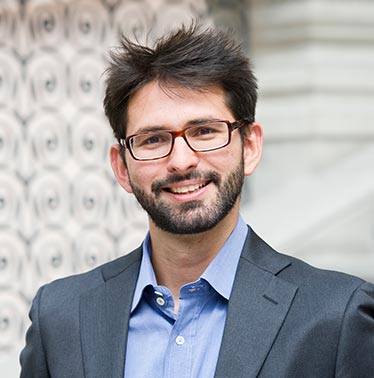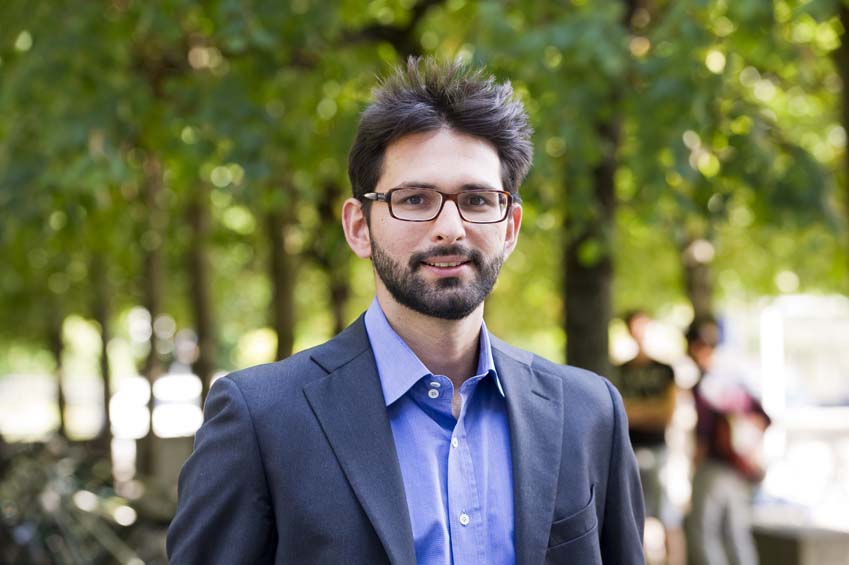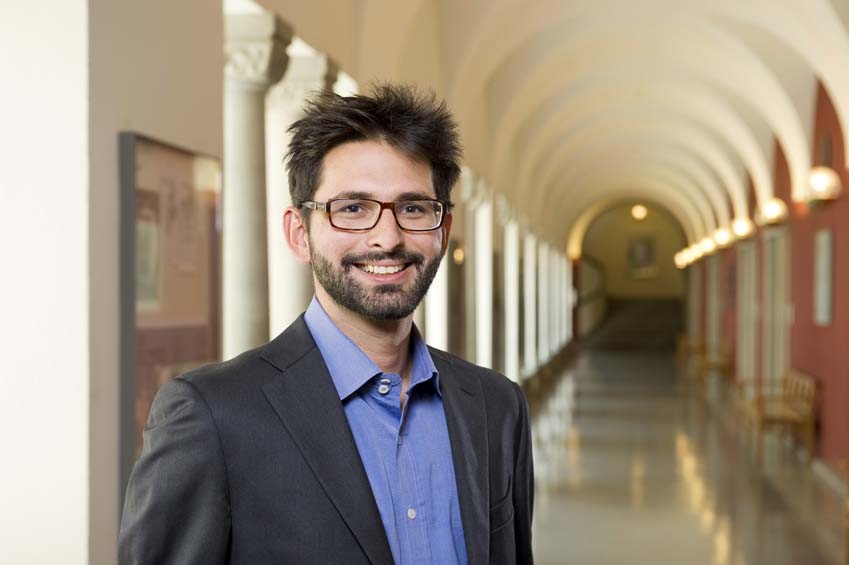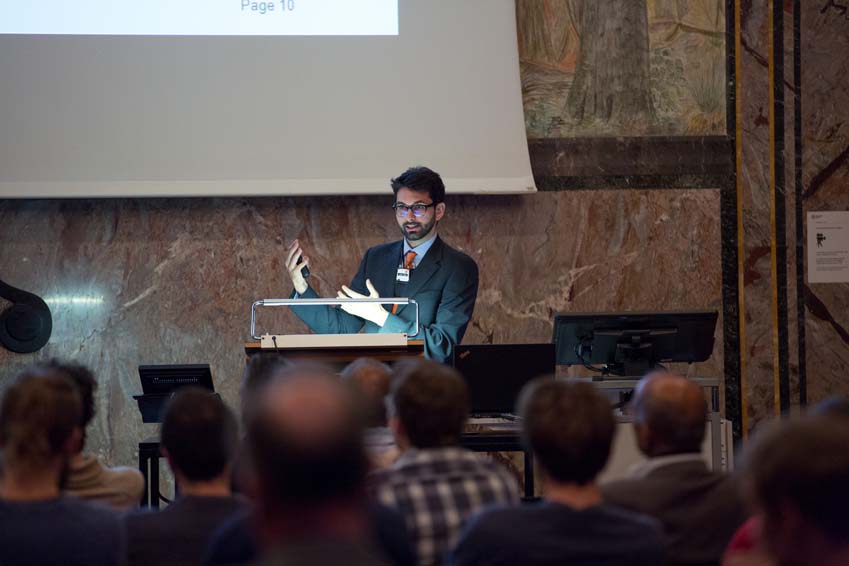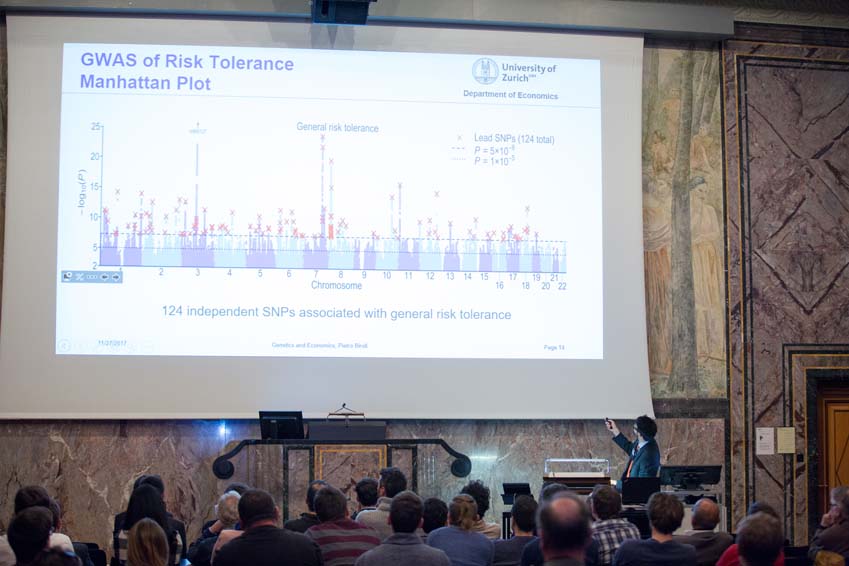Pietro Biroli’s research focuses on the early origins and life cycle evolution of health and human capital. Specifically, he explores the importance of genetics, family investment, and childhood interventions in explaining health and economic inequality. While genetic endowments are fixed at birth, they can influence decisions such as healthy behaviors or investments in human capital, and interact with features of the social and economic environment. By changing the environment, targeted interventions and optimal choices of investments can reduce the risk associated with carrying certain genetic variants.
In other recent work, Biroli has investigated the consequences of growing up in disadvantaged contexts, be it the lack of access to high-quality childcare, exposure to maternal depression, or poor stimulation within the household. He helped evaluate the returns to public investments in early childhood education by analyzing the Reggio Approach, an iconic high-quality early childhood intervention program now present in 33 countries worldwide. He found evidence of long-term sustainable effects on employment, socio-emotional skills, high school graduation, election participation, and obesity for children who received formal early childhood education. He also contributed to the long-term evaluation of one of the largest cluster-randomized control trial, which provided psychotherapy to perinatally depressed mothers in rural Pakistan. He found that the intervention increased women's financial empowerment, and both time- and money-intensive parental investments.
With his work, Biroli aims to understand the mechanisms through which effective policy interventions and optimal choices of investment can help mitigate innate inequalities and promote health and human capital development.
Pietro Biroli’s research focuses on the early origins and life cycle evolution of health and human capital. Specifically, he explores the importance of genetics, family investment, and childhood interventions in explaining health and economic inequality. While genetic endowments are fixed at birth, they can influence decisions such as healthy behaviors or investments in human capital, and interact with features of the social and economic environment. By changing the environment, targeted interventions and optimal choices of investments can reduce the risk associated with carrying certain genetic variants.
In other recent work, Biroli has investigated the consequences of growing up in disadvantaged contexts, be it the lack of access to high-quality childcare, exposure to maternal depression, or poor stimulation within the household. He helped evaluate the returns to public investments in early childhood education by analyzing the Reggio Approach, an iconic high-quality early childhood intervention program now present in 33 countries worldwide. He found evidence of long-term sustainable effects on employment, socio-emotional skills, high school graduation, election participation, and obesity for children who received formal early childhood education. He also contributed to the long-term evaluation of one of the largest cluster-randomized control trial, which provided psychotherapy to perinatally depressed mothers in rural Pakistan. He found that the intervention increased women's financial empowerment, and both time- and money-intensive parental investments.
